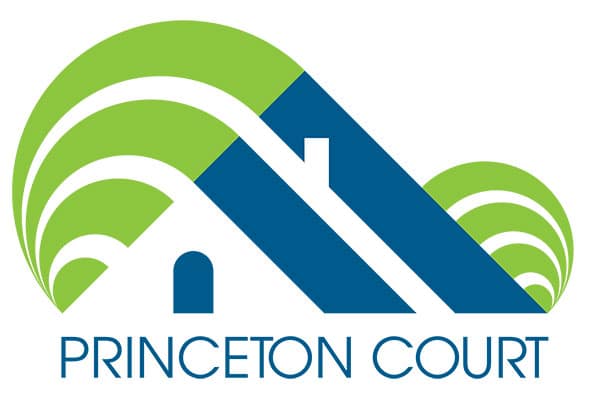The Condominium lifestyle is attractive to many people looking to purchase real estate. And most people are familiar with some of the “upsides” to condo ownership, such as not having to shovel snow in the winter or mow the lawn in the summer. But anyone looking to buy into this lifestyle should make sure they are completely informed before making a purchase in a condominium community.
Ownership Differences Between a House and a Condominium
The main difference between buying a condominium and a single-family home is your type of ownership.
Typically, the owner of a single-family dwelling owns the house and the land the building sets on. Condominiums are a bit different, as they have “co-owners,” who enjoy exclusive rights to the interior of their unit. The exterior (including the land, walls, grounds and any facilities or amenities) are owned in common with the other owners in the complex.
A condominium is usually attached to other similar units by a common wall, but “site condominiums” are developments with single-family detached housing instead of two or more housing units in one structure.
Owners of a house can typically make changes to their house or grounds whenever they want (newer single-family neighborhoods have CC&R boundaries, but they tend to be less restrictive). Condominium owners, however, are governed by CC&Rs (Covenants, Conditions & Restrictions), which stipulate co-owners’ rights – and the restrictions on those rights. So, for example, the CC&Rs may restrict your window replacements, prohibit you putting out political signs, or limit the number of dogs you can keep on your property.
Maintenance
If you own a single-family house, you are responsible for maintenance of your house and the land. Maintenance of a condominium complex is shared with the Co-owners.
Every Co-owner is a member of the condominium association and must pay a fee, which covers Association management, routine maintenance and insurance expenses. Some Associations also cover utilities like garbage, water and sewer service. And a portion of your fee should go into a replacement reserve account which will finance maintenance and improvements in the future.
Single-family homeowners schedule repairs at their leisure. Co-owners typically do not have as much input into scheduling repairs – at least for non-emergency maintenance activities.
Governance
A Board of Directors has the legal authority – and the ultimate responsibility – of operating the community association on behalf of the Co-owners.
Condominium Associations are private entities, and as such, Board meetings are not subject to the Open Meetings Act (which requires government agencies to allow public attendance at meetings).
The Board must the policies, standards, procedures, programs, and budgets for the Association, and each Board member has a fiduciary duty to act in the best interests and for the benefit of the community as a whole.
When You Are Looking to Purchase a Condominium
Do yourself a favor when you are considering the purchase of a condominium: familiarize yourself with the rules.
Read the Master Deed, the Bylaws, and the Rules and Regulations to understand what your rights and responsibilities would be as a Co-owner.
You should also check out the financial health of the Association, paying particular attention to the number of empty units, the budget, replacement reserve funding, and ask if any Special or Additional Assessments are anticipated.
Be sure to find out if the Association is involved in any litigation.
Condominium documents are long and complex, and buyers often complain that they don’t understand them. If you can’t make sense of the documents, please hire a real estate attorney who is knowledgeable in condominium law to review the documentation and give you an outline of the important points.
It is very important that you understand the documents before you buy a condominium. For example, if you have two dogs and the CC&Rs limit ownership to one dog, you’d better find that out before making the purchase.
Conclusion
Condominium lifestyle has many benefits, but those who are used to single-family dwelling life need to adjust their expectations and do their homework to make sure they are making an informed choice that will fit their needs.
© 2012 Metro Group Management Corporation
Disclaimer: this information is presented for general information only. Please consult an appropriate licensed professional for legal, financial, or real estate advice.


